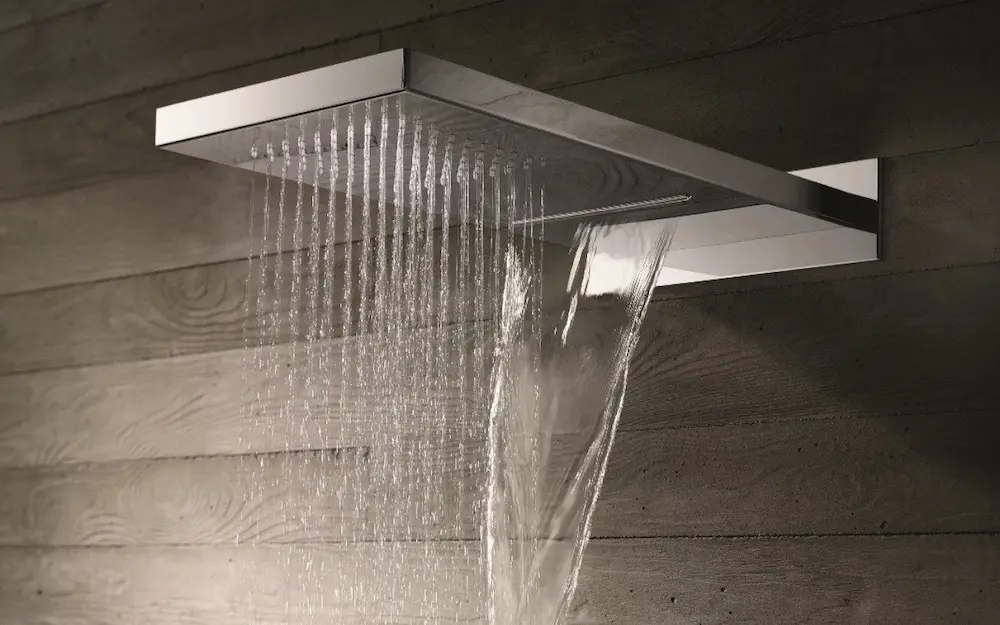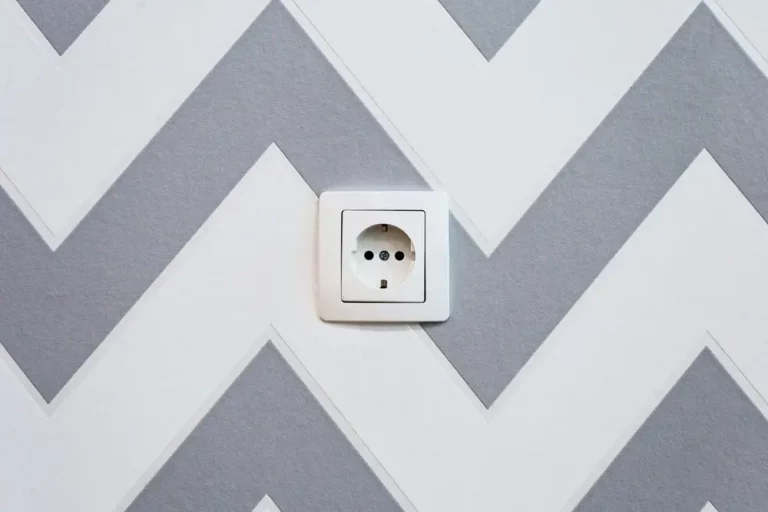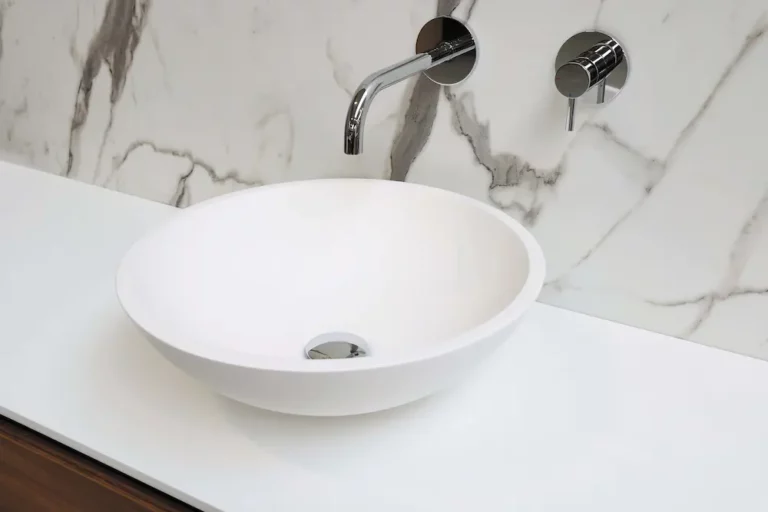How Long Do Shower Heads Last? A Quick Guide to Replacing Your Shower Head
Shower heads are an essential part of our daily routine, and it’s important to know when it’s time to replace them. The lifespan of a shower head can vary depending on several factors such as usage, water quality, and maintenance. However, on average, shower heads can last anywhere from 1-5 years.
If you notice a decrease in water pressure or a change in the water flow pattern, it may be a sign that your shower head needs to be replaced. Other signs that it’s time to replace your shower head include leaks, rust, and discoloration. It’s important to address these issues promptly as they can lead to more significant problems down the line.
Regular maintenance can also help extend the lifespan of your shower head. Cleaning it with a solution of equal parts water and vinegar can help remove mineral buildup and keep it functioning properly. Additionally, replacing the shower head’s filter can also help improve water pressure and prevent clogging. By knowing when to replace your shower head and taking proper care of it, you can ensure a refreshing and enjoyable shower experience for years to come.
Understanding Shower Heads
As a homeowner, it’s important to understand the lifespan of your shower head. On average, a shower head can last anywhere from 5 to 10 years, depending on usage, quality, and water quality. However, there are several factors that can affect the lifespan of your shower head.
Quality
The quality of your shower head can play a big role in how long it lasts. Higher quality shower heads made from durable materials such as brass or stainless steel can last longer than cheaper plastic models. Look for shower heads with a strong warranty and good customer reviews to ensure you’re getting a quality product.
Water Quality
The quality of your water can also affect the lifespan of your shower head. Hard water, which contains high levels of minerals like calcium and magnesium, can cause buildup and corrosion in your shower head over time. To prevent this, consider installing a water softener or using a shower head with a built-in filter.
Maintenance
Proper maintenance can also help extend the lifespan of your shower head. Regularly cleaning your shower head and removing any mineral buildup can help prevent corrosion and other damage. Consider using a descaling solution or vinegar to remove buildup and keep your shower head functioning properly.
By understanding the factors that affect the lifespan of your shower head, you can ensure that your showers remain enjoyable and efficient for years to come.
Factors Affecting Shower Head Lifespan
When it comes to the lifespan of a shower head, there are several factors that can affect how long it will last. Here are some of the most important ones to keep in mind:
Material and Quality
The material and quality of the shower head are perhaps the most important factors affecting its lifespan. Shower heads made from cheap materials or with poor workmanship are likely to break or wear out much more quickly than those made from high-quality materials. For example, plastic shower heads tend to be less durable than metal ones, and shower heads with a lot of plastic parts are more likely to crack or break over time.
Water Quality
The quality of the water that comes through your shower head can also affect its lifespan. Hard water, which contains high levels of minerals like calcium and magnesium, can cause mineral buildup in your shower head over time. This buildup can clog the shower head and reduce water flow, leading to a shorter lifespan. If you live in an area with hard water, you may need to clean your shower head more frequently or invest in a water softener to help extend its lifespan.
Frequency of Use
How often you use your shower can also affect the lifespan of your shower head. If you use your shower multiple times a day, every day, your shower head is likely to wear out more quickly than if you only use it a few times a week. Similarly, if you have a large family or frequently have guests staying with you, your shower head is likely to see more use and wear out more quickly.
Maintenance and Cleaning
Finally, how well you maintain and clean your shower head can also affect its lifespan. Regular cleaning can help prevent mineral buildup and other types of damage, while neglecting to clean your shower head can lead to clogs and other problems that can shorten its lifespan. Additionally, if you notice any leaks or other issues with your shower head, it’s important to address them promptly to prevent further damage and extend the lifespan of your shower head.
Signs of a Failing Shower Head
As a homeowner, it is important to know when to replace your shower head. A failing shower head can cause a lot of frustration and inconvenience. Here are some signs that your shower head may be failing:
Decreased Water Pressure
One of the most common signs of a failing shower head is decreased water pressure. If you notice that your shower head is not providing the same amount of water pressure as it used to, it may be time to replace it. This can be caused by a build-up of mineral deposits in the shower head or a clogged filter.
Leaks
Another sign of a failing shower head is leaks. If you notice that your shower head is leaking, it may be due to a worn-out seal or gasket. Leaks can also be caused by a faulty valve behind the wall. It is important to fix leaks as soon as possible to prevent water damage and to save on your water bill.
Visible Damage
If you notice any visible damage to your shower head, such as cracks or rust, it may be time to replace it. Visible damage can lead to leaks and decreased water pressure. It is important to inspect your shower head regularly to catch any visible damage early on.
In summary, if you notice decreased water pressure, leaks, or visible damage to your shower head, it may be time to replace it. Regular inspections and maintenance can help prolong the life of your shower head.
How to Extend Shower Head Lifespan
As a homeowner, I understand the importance of making sure household appliances last as long as possible. Shower heads are no exception. Here are some tips to help extend the lifespan of your shower head.
Regular Cleaning
One of the easiest ways to extend the lifespan of your shower head is to clean it regularly. Over time, mineral deposits from hard water can build up and clog the spray nozzles, which can cause the shower head to work less effectively. To prevent this, I recommend soaking the shower head in vinegar overnight every few months. This will dissolve the mineral deposits and keep the nozzles clear.
Proper Installation
Another way to extend the lifespan of your shower head is to make sure it is installed properly. If the shower head is not installed correctly, it can cause leaks, which can lead to water damage and mold growth. When installing a shower head, make sure to use the proper tools and follow the manufacturer’s instructions carefully. If you are not comfortable installing the shower head yourself, consider hiring a professional plumber to do it for you.
Periodic Inspection
Finally, it’s important to inspect your shower head periodically to make sure it’s in good condition. Look for signs of rust, corrosion, or damage to the spray nozzles. If you notice any of these issues, it may be time to replace the shower head. Additionally, if you notice a decrease in water pressure or an increase in water usage, it could be a sign that the shower head is clogged or damaged and needs to be replaced.
By following these simple tips, you can help extend the lifespan of your shower head and avoid the need for costly replacements.
When and How to Replace Your Shower Head
As a homeowner, it is important to know when and how to replace your shower head. A shower head that is old, worn out, or damaged can affect the water pressure and flow, making your shower experience less enjoyable. Here are some signs that it’s time to replace your shower head:
- Rust and corrosion: If you notice rust or corrosion around your shower head, it’s time to replace it. Rust can damage other fixtures in your bathroom and create a health hazard for you and your loved ones.
- Low water pressure: If you’re experiencing low water pressure in your shower, it could be a sign that your shower head needs to be replaced. Over time, mineral buildup can clog the small holes in your shower head, reducing water flow.
- Cracks or leaks: If your shower head is cracked or leaking, it’s time to replace it. A leaking shower head can waste a lot of water and increase your water bill.
- Age: If your shower head is over 10 years old, it’s time to replace it. Even if it looks fine, an old shower head can have buildup and corrosion that affects water pressure and flow.
When replacing your shower head, there are a few things to consider. First, make sure you choose a shower head that fits your existing plumbing. Second, consider the type of shower head you want. There are fixed shower heads, hand-held shower heads, and combination shower heads that have both.
You may also want to consider the material and finish of your new shower head. Chrome is a popular choice for its durability and affordability, but there are also options like brass, stainless steel, and brushed nickel.
Overall, replacing your shower head is a simple and affordable way to improve your shower experience. Keep an eye out for the signs that it’s time to replace your shower head, and consider your options when choosing a new one.




